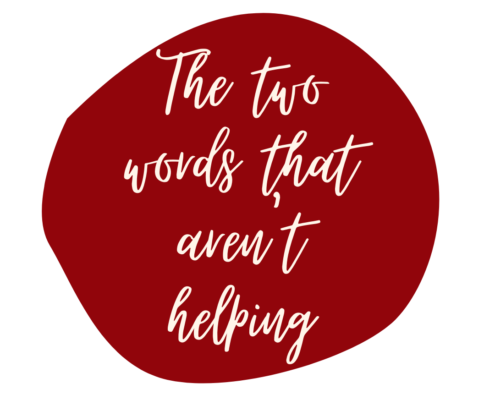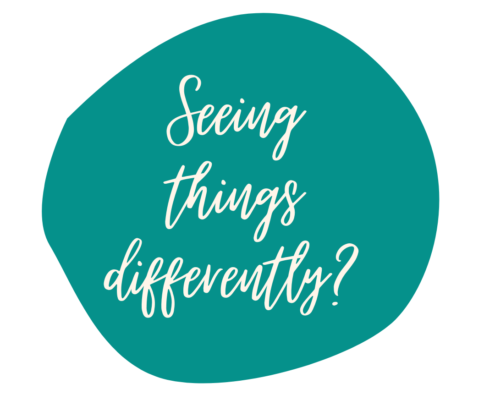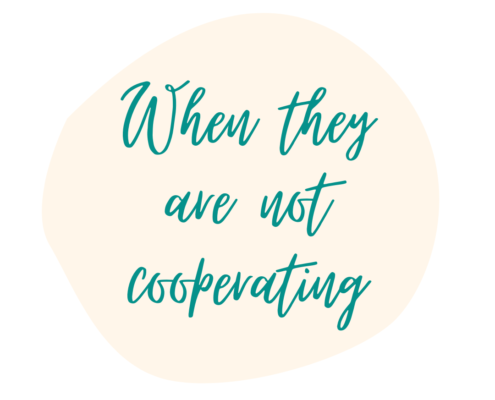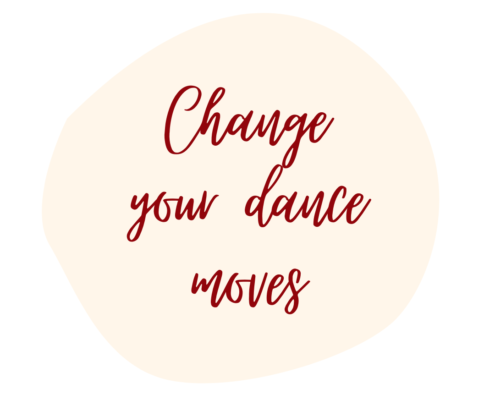The Two Words That Aren’t Helping
There are two words I use regularly that aren’t useful. They’re habitual, established in me many years ago. If I can catch myself using one of them, I can transform my relationship with a situation. There’s a high chance you’ve thought or uttered one within the past 24 hours.
The words? Should & Shouldn’t.
Let’s look for some common usage of these words. As you sit here right now, do any of these sound familiar?
She should speak more kindly.
He should appreciate my contribution.
She shouldn’t ignore my email.
More people should help out.
This software should work.
They should arrive punctually.
This headache should be gone already.
I wonder what else you would add to this list. Before we do anything about these words, just pay attention to when they show up. Listen to yourself (your thoughts and in conversation) and to others because it’s common to hear people say, “That shouldn’t have happened” or “They should do that”.
I’ll take an example from when I was pregnant with my second son. It looked like I might go into labour on a Friday night and I was scared. It was a high-risk pregnancy and I wanted my usual consultant and a well-staffed maternity unit – that felt safer. I managed to catch some thoughts: The maternity hospital should operate an equal service at the weekend. There should be the same presence of consultants, same quota of midwives, round the clock. It shouldn’t be riskier to give birth at certain times of the week.
I felt right about it. My ‘should’ thoughts gave me a sense of control: if only the world worked how I knew it should, I could be safe.
But where does ‘should’ live?
Contemplate that question. Where would you point? Where is a should?
When I look for a should, I find that it lives only in my imagination. A ‘should’ is pure fiction. Theoretical. Completely made up.
Hmm, yes, but isn’t that the point? Don’t we use ‘should’ aspirationally? Surely we need to have standards, to set the bar, to declare what people are obliged to do? Surely there’s a way life ‘should’ be? Surely these are right and good ideals, setting place-holders for a better world?
Good questions. So let’s look at this:
Does a ‘should’ actually work?
When I believe, The hospital should be equally staffed on a Sunday, the result is I feel annoyed. Frustrated. Scared. And powerless.
The annoyance doesn’t have power. It’s an argument – a futile argument. It’s not a force that effects change.
The cost of a ‘should’ is that it stops me seeing reality as it is – with eyes wide open – and dealing with it as it is.
So, what’s the alternative?
Without a ‘should’, I can – as a mature adult – navigate reality exactly as it is. I can see that my consultant obstetrician is unlikely to be at work on a Friday evening – so what do I want to do about that? Is there a question I want to ask her at my next appointment, in order to feel safer? Is there a request I want to make?
Perhaps you see that your colleague hasn’t arrived punctually. What do you want to do about that? Rather than seething or gossiping (two common consequences of the impotent ‘should’ mindset), is there a conversation to have?
Maybe you see that your partner didn’t speak kindly to you. Rather than matching their bad mood and snapping back (because they should have done better), could you check in with how they’re feeling?
When we see reality as it actually is, without a ‘should’, we’re able to act with our full resourcefulness.
This week
Catch yourself uttering the word ‘should’ or ‘shouldn’t’ – either in your mind or out loud. Try replacing it with, ‘This is what is – what do I want to do about it?’ Notice if any greater peace or power is available when shoulds don’t cloud your mind.








